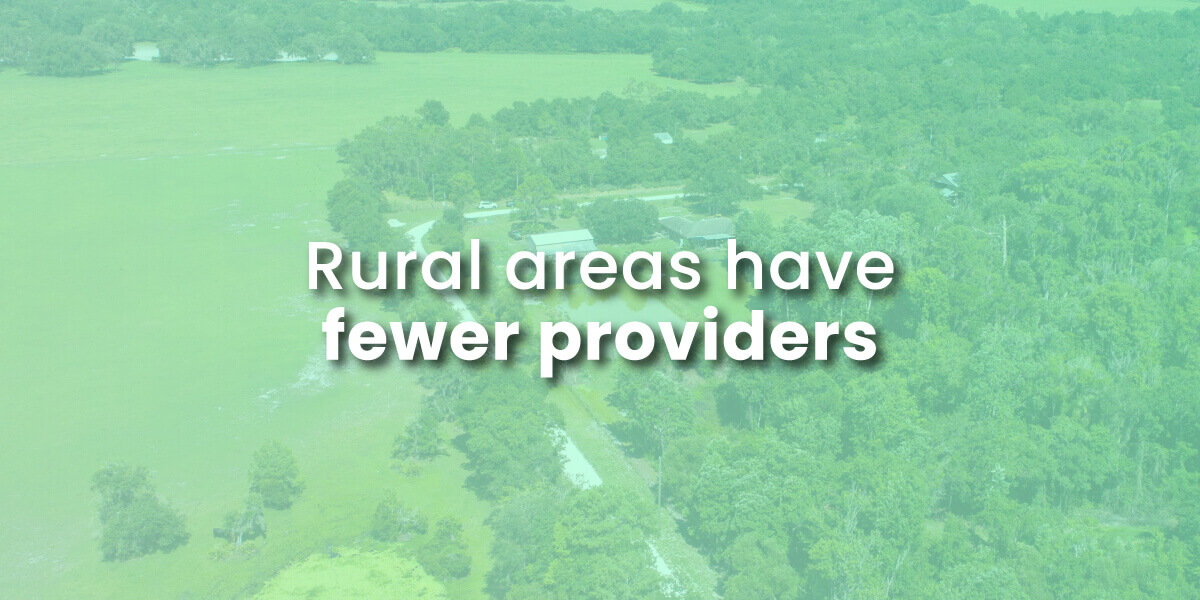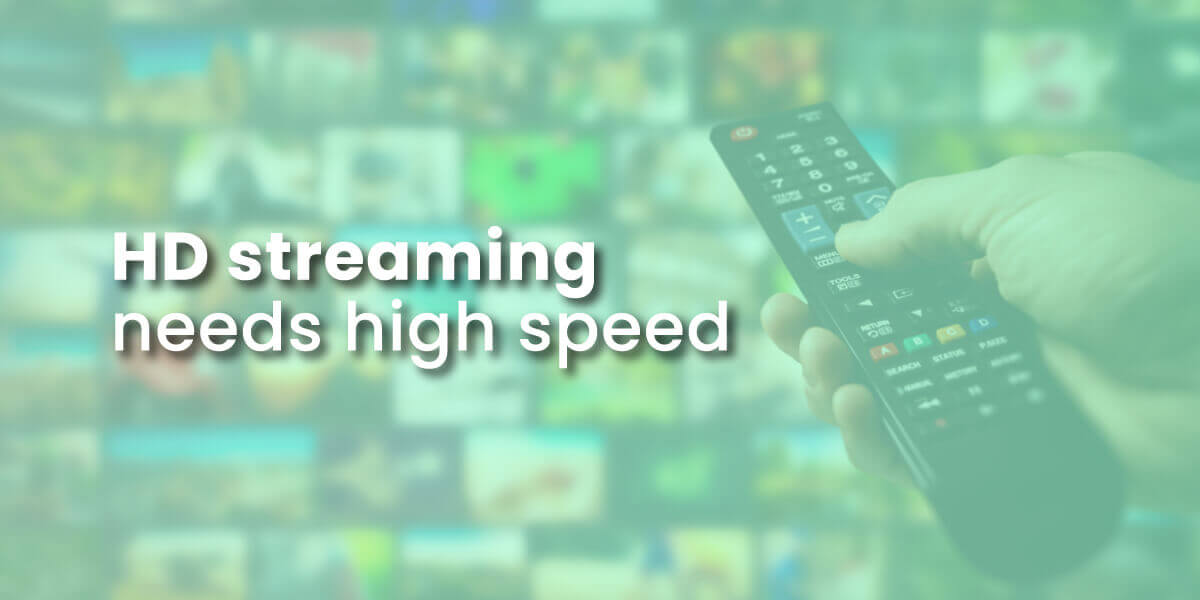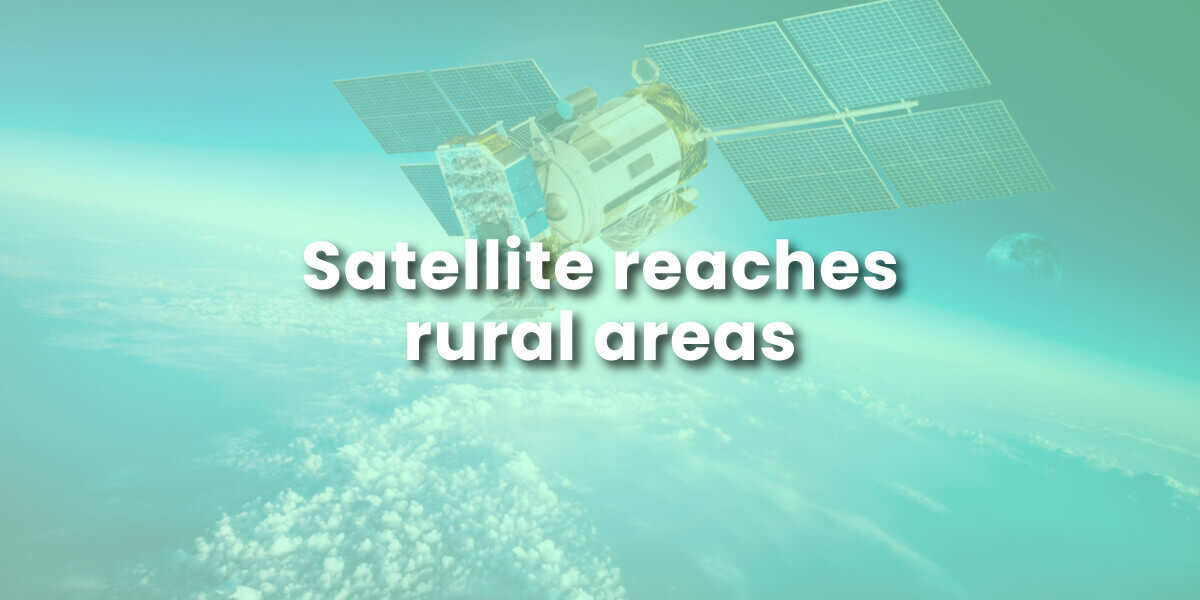Lower your internet bill
61% of people overpay for their internet.
Are you one of them?
Unlock exclusive offers in your area!
Call now
[tel]Enter zip code
1 Star is Poor & 5 Stars is Excellent.
* Required

Written by Rosslyn Elliott - Pub. Sep 29, 2023 / Updated Mar 18, 2024
Table of Contents
Are you happy with your Internet service?

About the author
Thinking about getting a new internet provider in Florida? Internet prices in Florida vary widely. You’ll want to know the range of potential prices and plan options before you pick an ISP.
To get the best possible deal on internet plans in Florida, you first need to know the average prices other people are paying. Let’s go through the key parts that make up a typical home internet bill for Florida residents: availability, speed, and monthly pricing.
Location, location, location. Where you live in Florida will definitely affect your internet plan prices. Urban areas like Miami and Tampa have extensive broadband infrastructure with multiple fast provider choices and higher bandwidth. This competition helps lower pricing for consumers.
However, over 8% of Floridians live in rural locations with fewer wired internet providers available. If you live in a rural area, satellite internet may be your only option, often at higher costs. Rural residents typically pay $10-30 more per month compared to city dwellers.

Faster internet speeds come with higher monthly fees. Evaluate your household’s usage to avoid paying for more bandwidth than you should. Lots of video streaming or having multiple users online at once will require faster speeds.
Internet speed comes in two major forms: download speed and upload speed.
Download speed means how fast information can load onto your computer from the network. For example, streaming a movie in 4K HD requires high download speed.
Upload speed refers to how fast you can send something back up to the network and out to other users. If you are sending someone high-res photos or a video, you will need decent upload speed. The bigger the file, the more upload speed you need. Gaming and videoconferencing work better with higher upload speeds.
Symmetrical speed means that your upload and download speeds are equal. Only fiber internet will give you these equal speeds. For all other internet types, your upload speed will be much slower than your download speed.

Basic web browsing and checking text email may only need 25 Mbps download speed/3 Mbps upload speed. But most people use their internet for a lot more these days, including those random funny videos you watch online through social media.
The typical Florida household pays for internet speeds in the 100-200 Mbps download range, which is usually either cable or fiber. Plans with gigabit speeds are becoming more popular for $80-150 per month in areas with fiber-optic infrastructure. 38% of households in Florida have access to fiber internet.
On the whole, you usually won’t need more than 1 Gig (1000 Mbps) of speed for most residential internet use. A 1 Gig connection can handle a lot of internet activity, especially if it’s fiber internet with equal upload and download speeds. You could have ten or more devices gaming and streaming at once with 1000 Mbps at symmetrical speeds.
The type of internet technology you choose will affect your monthly pricing. Fiber internet and cable internet will provide the best value for your money.
Fiber internet is the fastest internet connection available, with symmetrical speeds for both upload and download. Fiber can usually go up to 1 Gig (1000 Mbps) and can even go as high as 5 Gigs. But fiber availability across the state is still limited.
Cable offers fast speeds, normally 100-1000 Mbps download, for $50-100 per month. Though upload speeds will only reach about 35 Mbps, cable is still fast enough for most users and multiple devices. Cable internet is also available much more widely than fiber.
DSL is the oldest form of wired internet other than dial-up. DSL plans start around $50 monthly for speeds that average 10 Mbps download/1-3 Mbps upload. Lucky DSL customers may get higher speeds, but you’ll have to check what your provider can offer.
DSL and dial-up may be slower than today’s satellite internet or fixed wireless.
Satellite internet is more expensive for the speeds provided, usually $70-150 per month. But if you’re a rural Florida resident, satellite may be your only broadband option. The good news is that satellite service has improved dramatically in recent years.

The advertised monthly price for internet won’t be your total monthly cost for internet. Equipment rental, taxes, franchise fees, and other charges can add $5-20 to your bill. Using your own modem and router will avoid hardware rental fees of $10-15 per month. Check to see if your provider allows you to supply your own modem/router.
With some research here on our site, you can save big on your monthly internet costs in Florida.

The average monthly internet bill in Florida is likely to range from $50-80 depending on speed tier, location, and provider.
Your main options include DSL, cable, fiber, fixed wireless, and satellite internet. Availability varies by location. Fiber offers the fastest speeds but is less available than cable, DSL, and satellite.
Fiber internet availability is still limited in Florida, with higher concentrations in urban areas. Enter your zip code websites to see if fiber connections are accessible where you live.
For gaming and ultra-HD 4K streaming, you’ll want internet speeds of at least 50 Mbps for smooth performance. Faster speeds of 100+ Mbps download are recommended for households with multiple connected devices. Gaming works best with a low-latency connection.
If your provider charges equipment rental fees, you can avoid those costs by purchasing your own compatible modem and router. This is usually $60-150 upfront but pays for itself in rental fee savings within a year.
Along with the base subscription fee, you may be charged taxes, franchise fees, equipment rental, installation costs, and other surcharges that add $5-20 to your total monthly bill.
With fiber internet, you’ll often need to use the router provided by your internet service provider. But you can still add your own wireless router if you want expanded Wi-Fi coverage.

About the author
Congratulations, you qualify for deals on internet plans.
Speak with our specialists to access all local discounts and limited time offers in your area.
[tel]61% of people overpay for their internet.
Are you one of them?
Unlock exclusive offers in your area!
Call now
[tel]Enter zip code